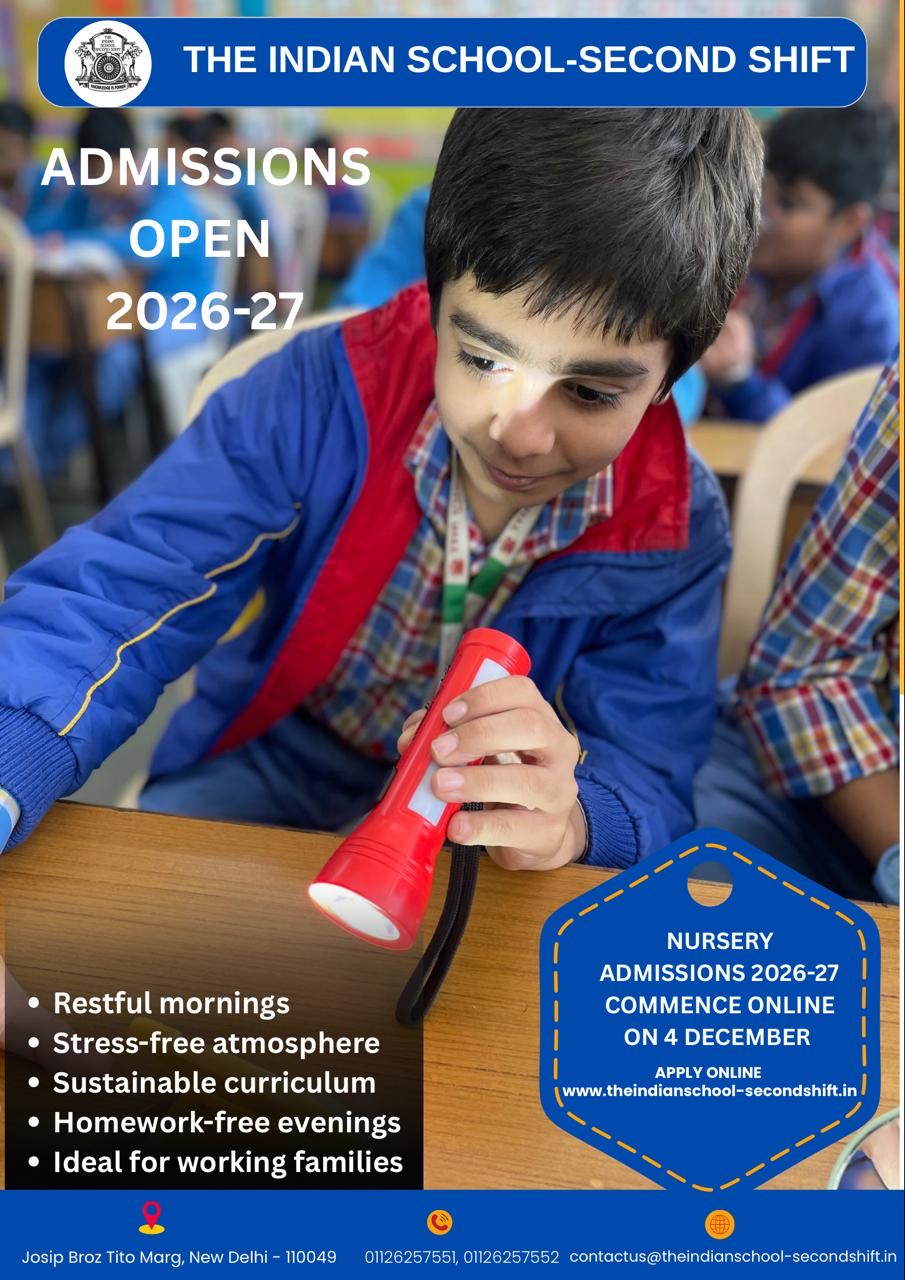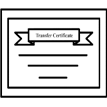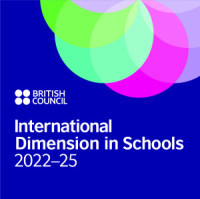Teacher workshop on learning disabilities
On January 18, 2020, Manav Rachna International School hosted a workshop entitled ‘Inside every child a rainbow is waiting to shine: Learning outside the lines’. It was attended by Sutapa Bairagi, Special educator at The Indian School-Second Shift. The workshop, intended to provide a deeper understanding of specific learning disabilities, was conducted by Dr Geet Oberoi, and was attended by 53 special educators working with schools in Delhi NCR. The workshop started with the facilitator asking what an educator expects from a student who has just graduated from senior school. The answer needed to be provided in a single word! Amidst the plethora of adjectives volunteered by the participants, the one that stood out was 'Happy'. The facilitator then followed up with asking what is required to achieve that ‘ happy’ countenance. this Dr. Oberoi to surmise that the system must be a student centric one. Those children who are at risk must be screened so that the educator can prepare a suitable strategy to address cases needing special attention. If provided with the right support and intervention, a child with learning disabilities can succeed at school and have a successful, and often distinguished, career later in life. In searching for ways to help children with learning disabilities, it is important to remember that an educator/parent must look for ways to help them help themselves. An educator’s job is not to “cure” the learning disability, but to give their child the social and emotional tools needed to work through challenges. During the early years focus should be on intervention and in the later years accommodation in the curriculum turns out to be beneficial. The use of technology and instruments to bypass weaknesses can prove to be useful for a child who struggles to finish written work. A few modifications can be done in the assessment process, such as taking oral tests or letting the child present a concept in the form of a PPT presentation instead of a written examination. Sometimes the physical placement of the child in the classroom also makes a significant difference. In the early stages of writing the facilitators can avoid corrections in the mechanical aspects and concentrate on idea development. Audio visual aids, graphics, flow charts and visuals can incorporated while teaching a lesson, so that it is easy for the child to grasp. As the workshop progressed, the various accommodations granger by CBSE to help children with disabilities cope with the board exams were discussed. Also how to avail those facilities was explained. The workshop concluded with Dr Oberoi presenting an application launched by Orkids. This can be used by parents and educators to gather information about the level of the child. The application graphically represents all the domains where the child needs support and also, the strengths of the child. The initiative can thereby help parents and educators to devise plans to support a child’s specific needs.
-704-1.jpg)
-902-2.jpg)
-673-3.jpg)




-704-1.jpg)
-902-2.jpg)
-673-3.jpg)






